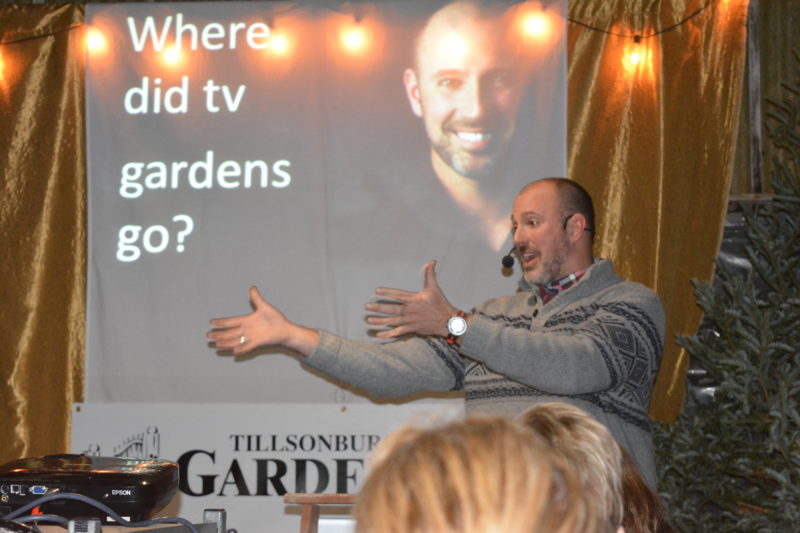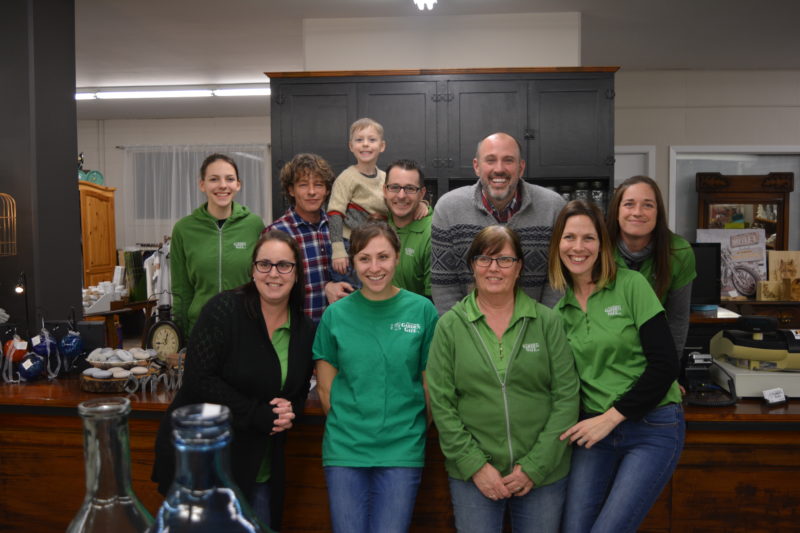It’s Still Just Dirt, The Tillsonburg News – April 2018
by Angela Lassam
Although it appears early to think of plants with the prolonged cold weather it is time to start seeds indoors. There are some seeds that need a little help to start their germination. It is a task that will get your seeds to germinate a little quicker.
Scarification is a method commonly used by gardeners to speed up the germination stage. This word may sound like a complicated process but it is not. It is simply a way to open up the seed to allow moisture to start the growth. There are several ways to do this according to the size of the seed and the thickness of its outer layer. Seeds with a shell-like skin need to be rubbed with a rasp or heavy sandpaper until a white inner part can be seen. Another method is to rub smaller seeds between two pieces of sandpaper until white can be seen on them. Seeds with an eye (hilum) or scar where it was attached to the ovary inside the fruit needs care. The seed needs to be nicked with a small knife or nail clippers on the opposite side to the eye. All types of beans are among the easiest to see and prepare in this way.
Many seeds can benefit from scarification. Flowers that come to mind are morning glory, nasturtium, moonflower, sweet peas and castor beans (remember these are poisonous!). Vegetables are any beans, peas, squash and cucumber.
As soon as you have done this stage the seeds must be soaked in room temperature water for 12 hours and then planted immediately to avoid molding. Most seeds will benefit from a prior soaking especially if they are going to be planted in lighter soils.
Stratification is also suggested for speedier germination. This is very different from scarification although it may sound similar. It simulates the embryonic dormancy phase. The method used is to soak seeds in room temperature water for a few hours and then place in a plastic bag in damp peat moss. Seal the bag and place overnight in a refrigerator. This will mimic a cold wet spring. This process is a common approach for milkweed seeds and most perennials.
The commercial urn beautification project started last year is coming up soon and a sample of the urn will be on display at the Home & Garden Springfest on 20th – 22nd April in the Tillsonburg Community Complex. If you would like to purchase either an urn or insert (maybe more!) contact Kathy McCormick, 519-403-4035 or email: k.mccor7013@gmail.com.
A reminder that the annual plant auction is coming on May 15th in the Lions Auditorium, Tillsonburg Community Complex. Hopefully members are thinking about what they can contribute to make this event the best ever yet. Every year it grows even bigger. It is open to everyone so please mark your calendar and join in.
The next monthly meeting for the Tillsonburg Horticultural Society will be on Tuesday May 1st @ 7.30 p.m. in the Senior Centre Auditorium, Tillsonburg Community Complex. Bob and Ann Granatier from Trails End Iris Gardens, Brantford will talk about irises. Everyone welcome. Non-members $2 per meeting or join for extra benefits. Visit us on our website at www.tillsonburghorticultural.ca or Facebook Tillsonburghorticultural for up to date news.

